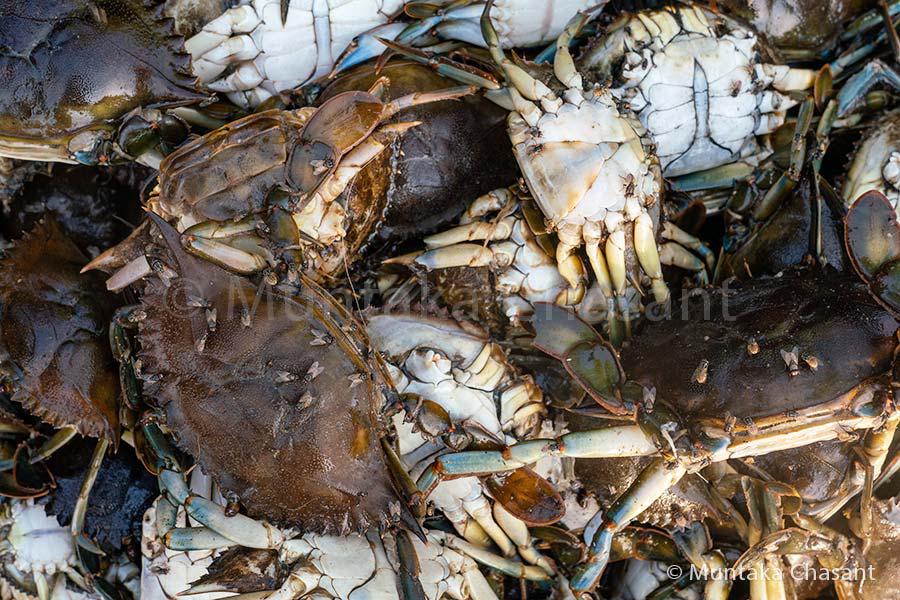Agnes Boye-Doe
Anloga-Anyanui (V/R), Nov. 13, GNA – Coastal communities along the Anloga–Anyanui channel of the Volta Lake are appealing for help after a sandbar blocked the channel linking the area to Ada-Foah in the Greater Accra Region, an important trading route for thousands of people.
Due to the blockage, the river from Anloga through to Anyanui in the Volta Region is unable to flow into the Gulf of Guinea, and this has affected fishing and livelihoods in these communities.
“The sandbar came up following the 2021 tidal waves and flooding that buried a community near the now disappeared Fuveme,” Mr Jasper Agbanator, the Assembly Member of Agbledomi in the Anloga District, told the Ghana News Agency in an interview on Saturday.
He said residents of Agbledomi, although about eight kilometres from the site of blockage, were also feeling the brant as their economic activities had been affected.
“We have done everything to draw the authorities’ attention to this situation without success. In fact, we recently sent a letter to the Volta River Authority pleading for help to dredge the area for free flow of water into the ocean, but to no avail,” Mr Agbanator said.
“Help has not come from anywhere for more than a year despite several reports about the blockage. And to make it worse, a new sandbar is forming at the Volta River Estuary, further worsening the situation upstream.”
He appealed to the Government to assess the situation to prevent another sandbar formation, which could block the estuary and hamper its flow into the sea.
Corroborating the incident, Torgbui Azametsi III, the Chief of Agbledomi, said unable to flow, the river had blackened affecting fishing activities as fishers relied on the free flow of water through the Ada-Foah area for their catch.
“The river is now full of mosquitoes and the mangroves are also being affected,” he said, and called on the Government to go to their aid.
He said the elders had informed Torgui Sri III, the Paramount Chief of Anlo, about the problem but yet to receive any update.
Mr Muntaka Chasant, a Researcher and a Climate Change Activist, who visited the community to document how climate change is reshaping the area, said he was surprised at the sandbar blockage, which had persisted for more than a year without help.
“I was here in December 2021 and January 2022, when I witnessed about 200 desperate men from Dzita to Anyanui using their bare hands and shovels to dig through the swamp to create a small inlet for the blocked river to flow into the Atlantic Ocean.”
“Fishermen in Agbledomi showed me scenes of mass crab and fish die-offs as a result of the blockage.”

“A 68-year-old man, Keki Hagba, and father of 12, who was using his bare hands to dig through the mud for the water to flow, asked me a heart-breaking question; ‘what have we done to you folks in the city to deserve this neglect?’”
Mr Chasant said those communities were ground-zero for climate change and had contributed little to nothing to the world’s carbon footprint yet were in the throes of the chaos and left to fight the effects on their own.
“The affected communities are examples of climate-fuelled disasters and must be compensated by the world’s biggest climate polluters,’’ he said, and reiterated the urgent need for the government to intervene.
“If anything, these communities deserve climate reparations from the world’s largest greenhouse gas emitters to fund disaster risk reduction and adaptation.”
He urged the Government to impress on rich polluting nations and corporations at the ongoing COP27 to honour pledges to support communities in Ghana and the Global South devastated by flooding and other disasters fuelled by climate change.
GNA